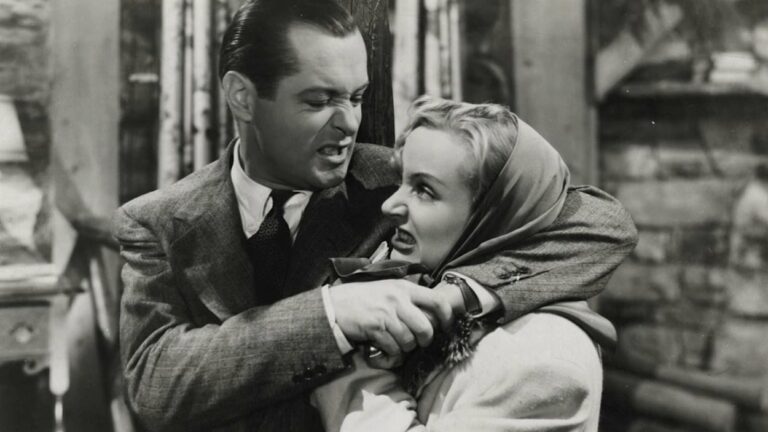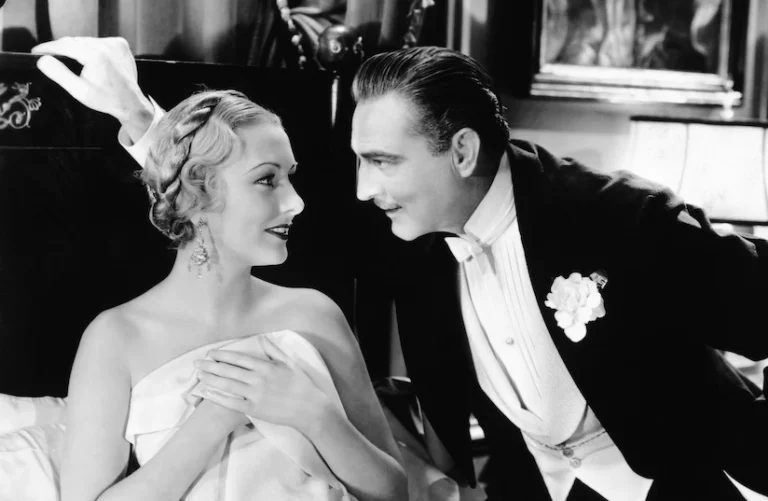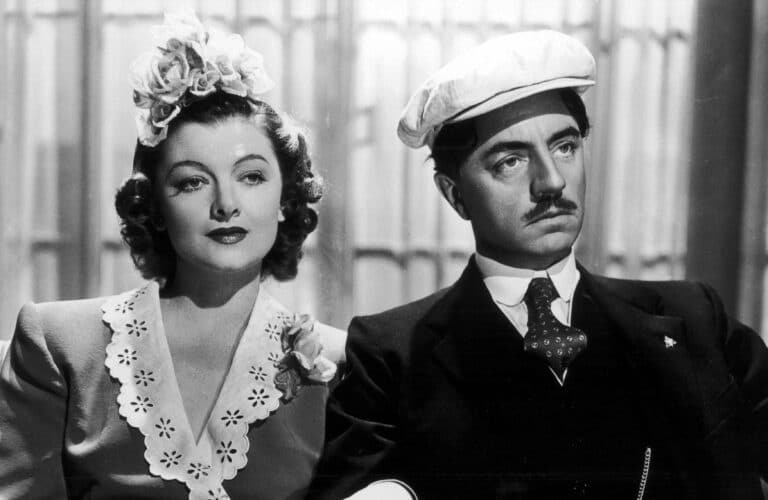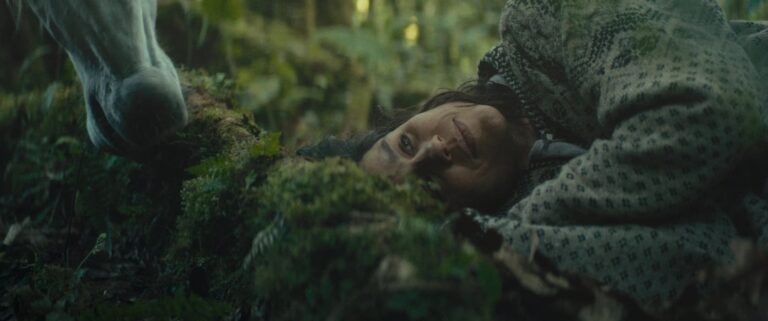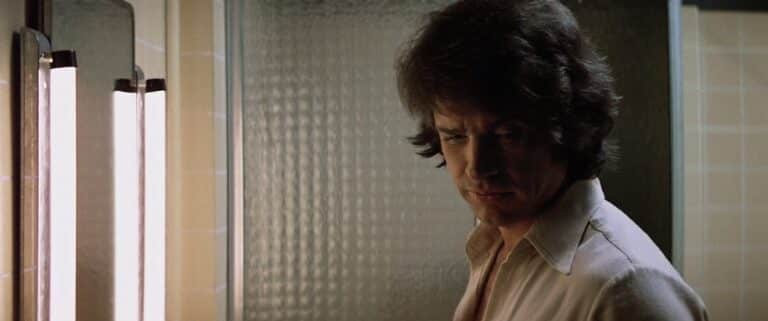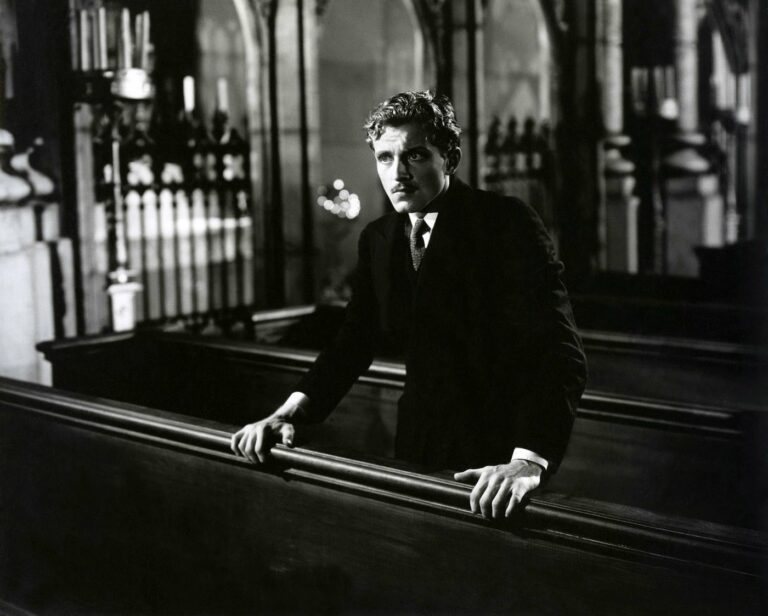Mr & Mrs Smith
Here’s a strange thing – a screwball comedy by master of suspense Alfred Hitchcock. Mr and Mrs Smith is the only one he made and, sad to report, it’s not very good. A “comedy of remarriage”, its plot isn’t a thousand miles away from the one that floated The Philadelphia Story to glory, about a husband and wife discovering that a legal technicality means their three-year marriage is void. If they want to be husband and wife for real, they’ll have to “remarry”. But, now that they have the chance to reconsider, will they (re)take the plunge? As a bit of a preamble to all this, some vital character furniture is put in place … Read more
